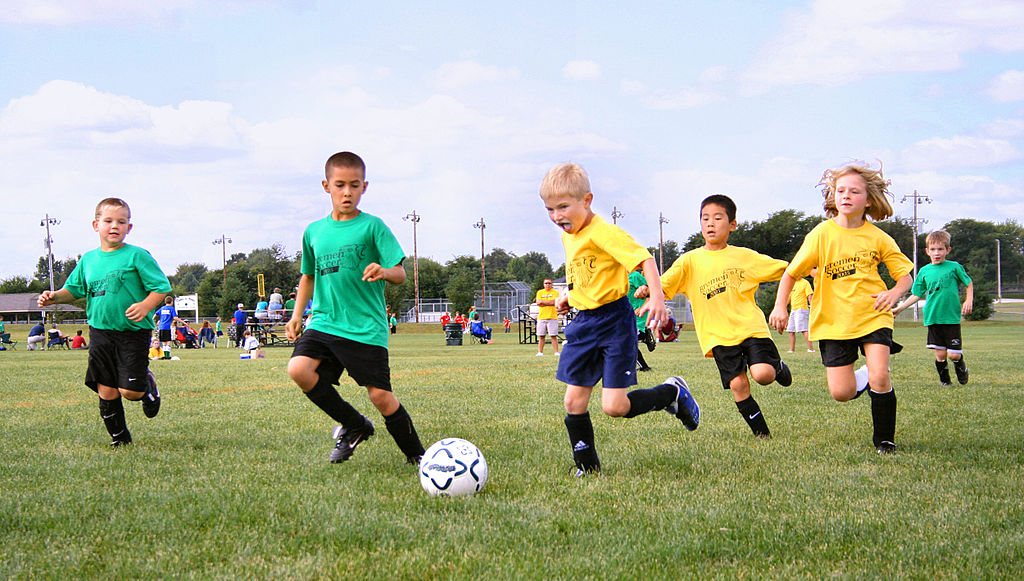Every parent wants their kid to be smart. However, as child experts know, there is room (and even a need) for play time regarding a child’s social and cognitive growth. Toys and activities are a part of a healthy child’s development. The caveat is making a distinction between helpful toys and activities and those children can do without.

Books and Music
Reading is an incredible exercise for the brain. Kids will need to read all through their school years and starting early places them at an advantage. Moreover, school teachers are directed to create multi- sensory lessons, so listening to music is just as stimulating and helpful as reading books. Teach kids to read books and think about characters, plot, and action within. Similarly, introduce your children to different varieties of music that use a multitude of instruments and range of beats and tempo.
Dolls and Action Figures
On the surface, children may want to play with dolls because they are possessions, keepsakes that they can claim as their own. However, dolls and action figures help children understand and mimic the world around them. Dolls and figures are used to emulate human interactions and can be a great way to teach children valuable lessons related to ethics and emotional intelligence. Rather than command children or reprimand for misconduct, you can use dolls and figures to help them make the cognitive connection themselves.
Puzzles
As kids grow older and mature, they begin to understand the world around them and how objects interact. Physical puzzles help children develop motor skills as well as understand mathematical concepts. Moreover, solving puzzles requires critical thinking, and playing with them serves as opportune times to be introduced to advanced concepts and principles. Puzzles help your child prepare for the NNAT. The test evaluates your child’s ability to reason and problem solve.
Cooking
A cookbook and utensils are not usually considered toys yet cooking can help kids make cognitive connections. Cooking requires children to gather materials, combine them, and follow directions in order to produce an end product. Of course, they will need help and monitoring in using utensils and devices, yet the process is great for development. Moreover, you can teach children to eat healthy and turn them onto a hobby that they can enjoy throughout their lives.
Building Blocks
Building blocks help children develop motor skills and understand geometric concepts. Young children begin to understand principles such as balance and symmetry. When your child gets a bit older you can graduate their love of building blocks and help them build things such as small chairs, foot stools, etc. Who knows? You may be helping to pave the way for the world’s next leading engineer or architect.
Sports
Athleticism is a recognized intelligence that necessitates athletes manipulate their bodies and objects in space and time to achieve one or more goals. For example, a baseball player at the plate must learn to determine the speed and position of an oncoming ball within fractions of a second, which is just one aspect of the game that requires conditioning and agility too. Keep in mind that it is also important that kids have the proper equipment so as to avoid injuries, such as properly fitting youth baseball cleats and a helmet for when they are up to bat.
Courtney Nolan is a nurse who works at a children’s health clinic. She enjoys getting to know the families, and enjoys seeing kids grow up as younger brothers and sisters come along to her clinic.